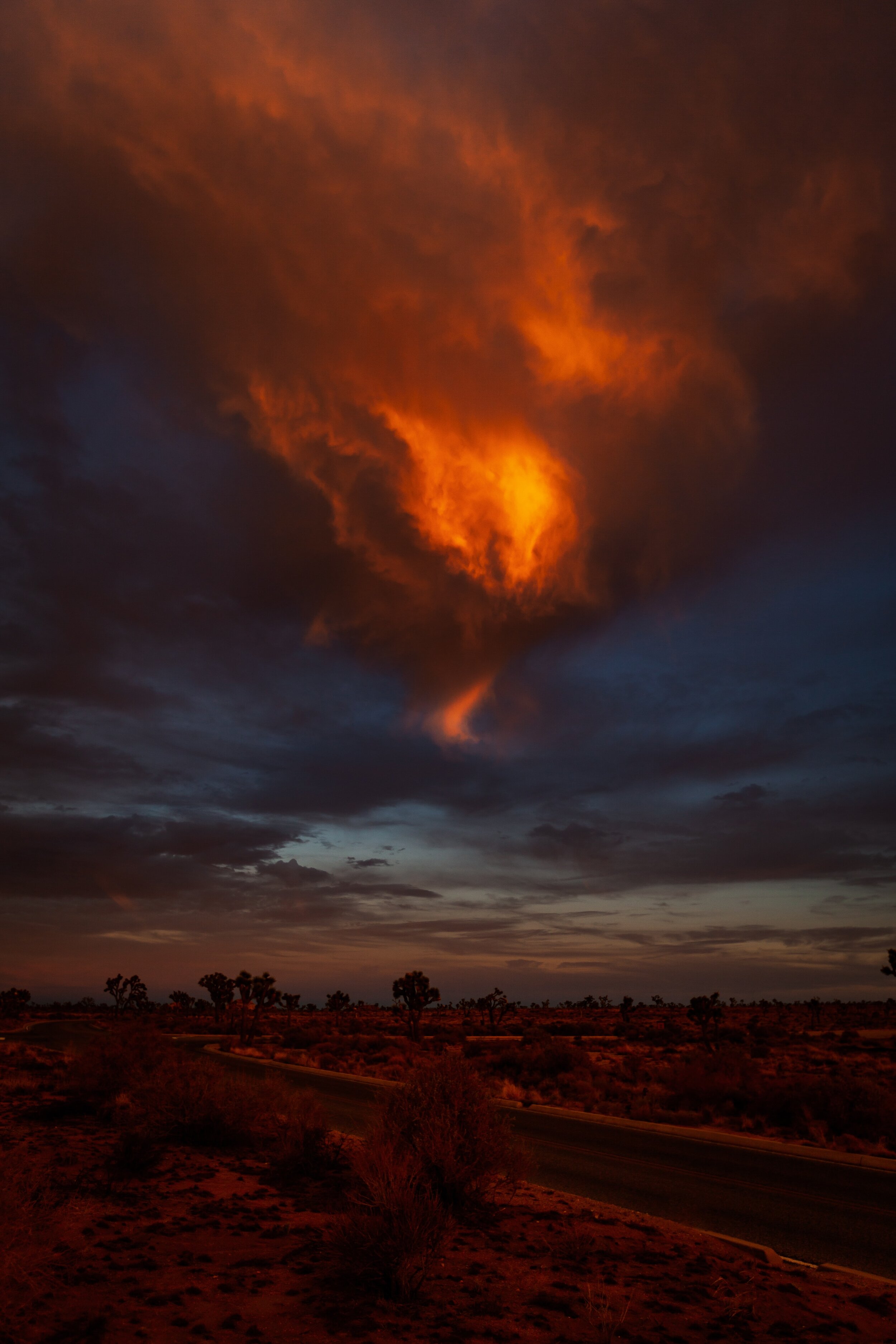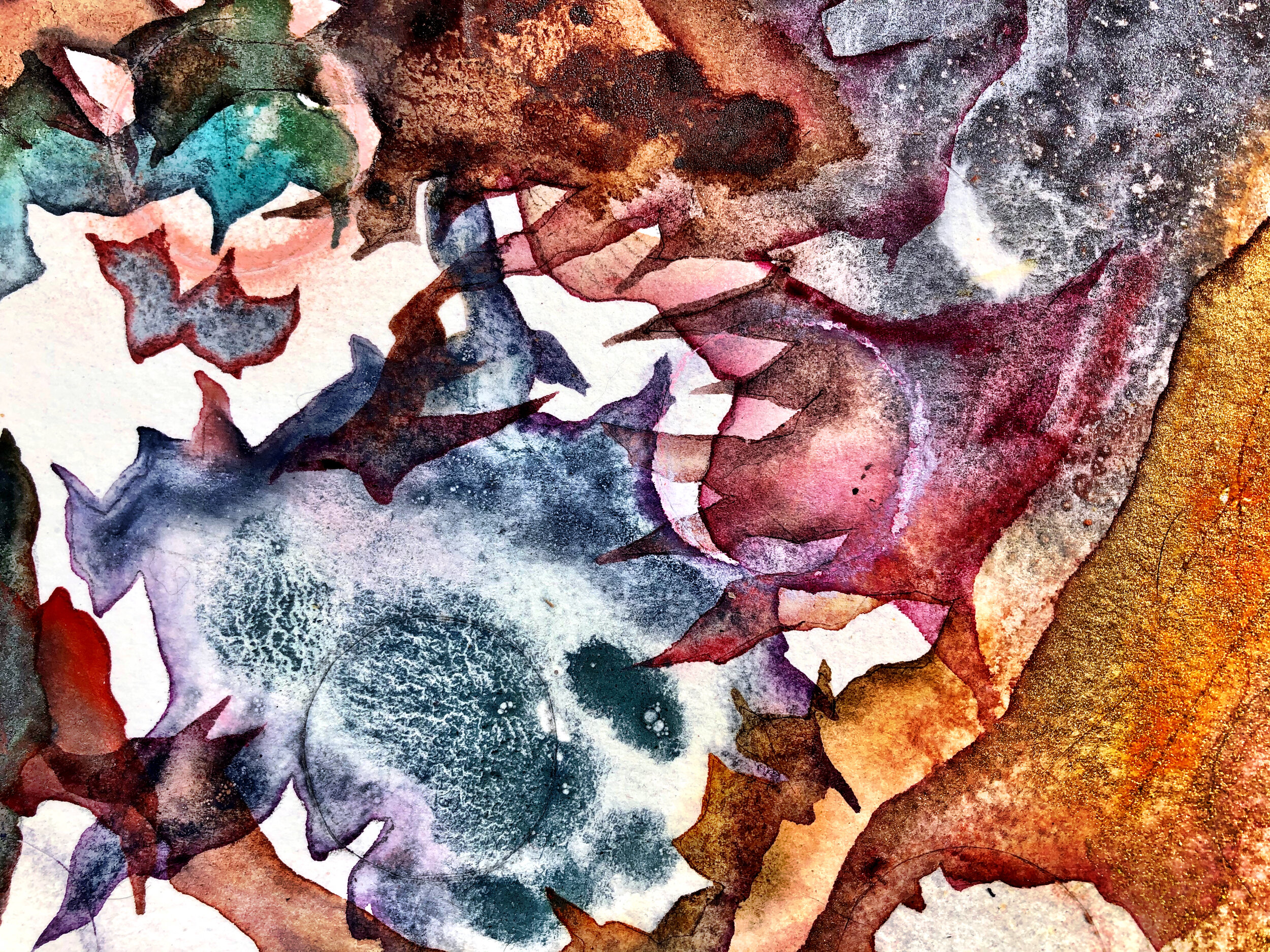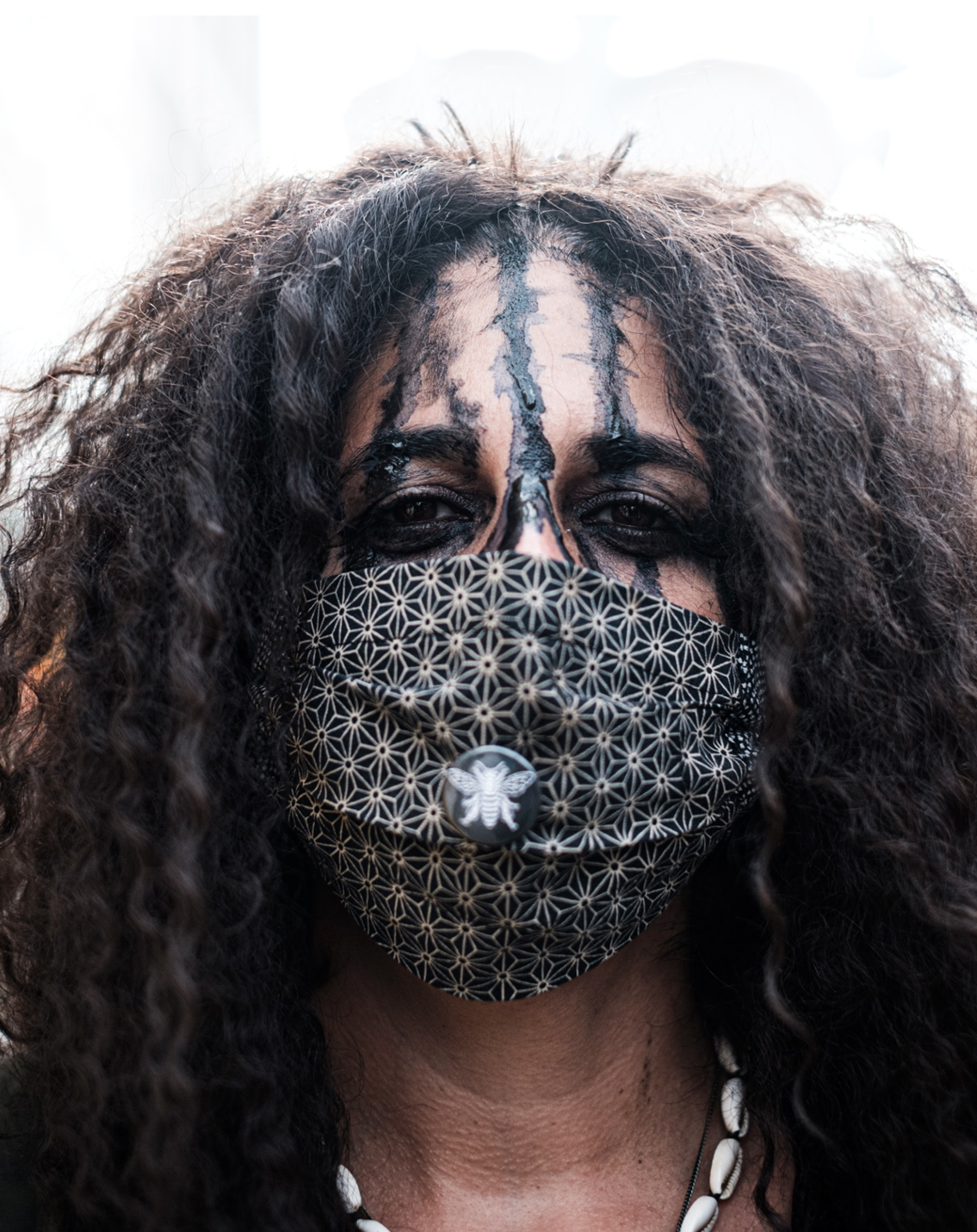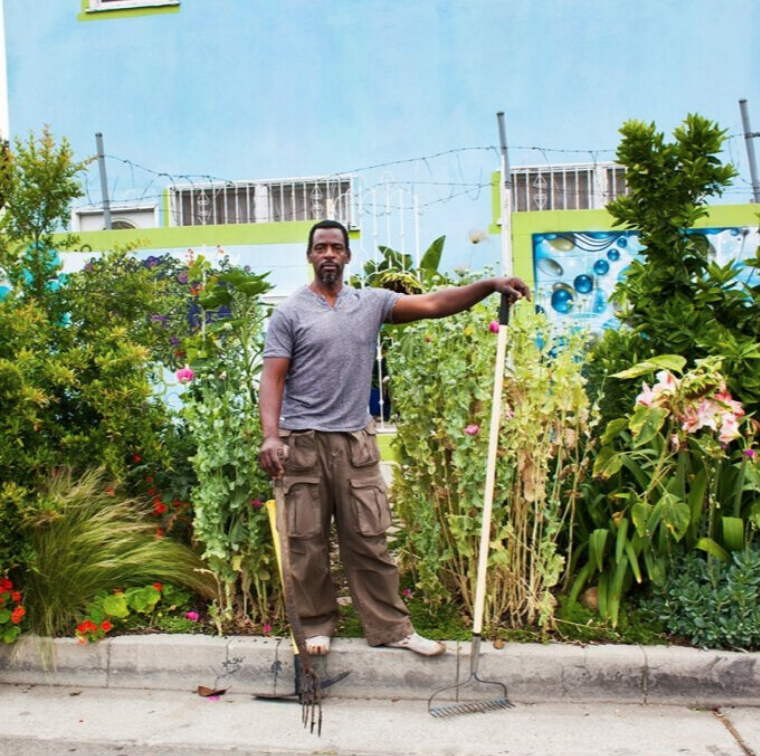

Mourning Climate Loss: Ritual and Collective Grief in the Age of Crisis
Most discussions of our climate crisis begin with the science or the consequences of warming -- both of which look increasingly grim. But exclusively focusing on this external damage overlooks the landscape of damage we carry inside of us. Living though an age defined by so much destruction of life is bound to mark us by invisible traumas. And as social justice movements constantly remind us, systems of oppression are reinforced when we push their painful legacies into the shadows. That’s why mourning rituals -- which bring visibility to unacknowledged injustice through public expression of outrage or grief -- can act as a powerful antidote. When we name and collectively recognize the tragedy of ecological loss, we engage in an ethical protest against modes of thought that trivialize this annihilation. Meanwhile, on the individual level, these customs help us stay present with grief instead of repressing it. Finally, collective ritual promotes solidarity, since grieving as a community removes our isolation from others experiencing loss, providing a corrective to apathy or mass denial.

Climate Grief: Our Greatest Ally?
As a climate educator I’ve seen rising despair among my students, so in 2017 I created a seminar to help them navigate the emotional toll of our climate crisis. Those who enrolled said they were seeking relief from their distress. I wanted that too. But something unexpected happened along the way. I had always thought of grief as a bad thing, a dark state to avoid or overcome as quickly as possible. I thought that feeling grief was like giving in to a preventable illness, or that once it took hold I might fall into a bottomless hole of despair. Like the students who signed up for my class, I was hoping to extinguish my pain for all this suffering. Then it dawned on me that maybe we were seeking solutions to the wrong problem. We all wanted to fix the way we felt so we could go back to feeling happy. But grief isn’t something to be fixed, because it’s not dysfunctional. It’s a healthy and necessary process we have to undergo in order to heal.

The impulse to garden in hard times has deep roots
The coronavirus pandemic has set off a global gardening boom. In the early days of lockdown, seed suppliers were depleted of inventory and reported “unprecedented” demand. Within the U.S., the trend has been compared to World War II victory gardening, when Americans grew food at home to support the war effort and feed their families.
The analogy is surely convenient. But it reveals only one piece in a much bigger story about why people garden in hard times. Americans have long turned to the soil in moments of upheaval to manage anxieties and imagine alternatives. My research has even led me to see gardening as a hidden landscape of desire for belonging and connection; for contact with nature; and for creative expression and improved health. These motives have varied across time as growers respond to different historical circumstances. Today, what drives people to garden may not be the fear of hunger so much as hunger for physical contact, hope for nature’s resilience and a longing to engage in work that is real.